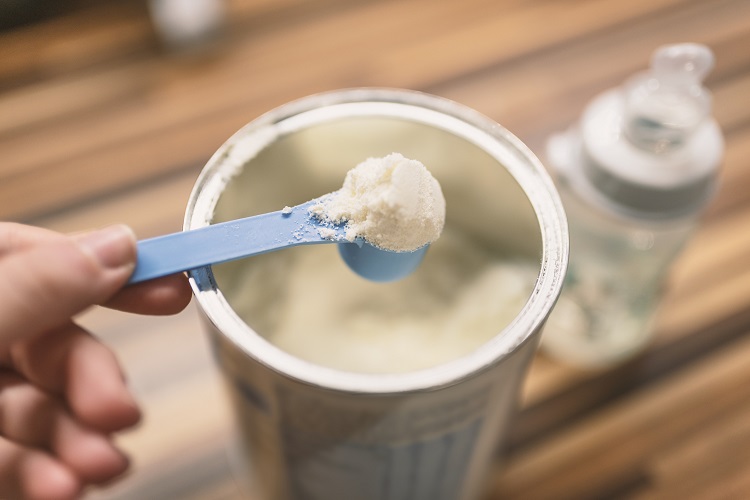
Danone has publicly rejected foodwatch’s claim that its Gallia Galliagest Lactose-free Growing-up (12 months to 3 years) product contains mineral oil aromatic hydrocarbon (MOAH) residues.
MOAH mainly consists of highly alkylated aromatic hydrocarbons, which may include some potentially carcinogenic compounds. Therefore, at a regulatory level, no tolerable intake levels for MOAH have been defined.
In a statement published yesterday (2 July 2020), the dairy giant reassured parents that all its infant nutrition products can be consumed safely, stressing it ‘strongly disputes’ the allegation.
“We have carried out in-depth [independent] analyses, which have not shown the presence of mineral oil in our infant nutrition products,” noted the firm.
Foodwatch campaigns to recall affected products
The affair kicked off in October 2019, when the industry watchdog issued a petition against food majors Danone and Nestlé.
Having carried out laboratory tests in 2015, foodwatch claimed to have found MOAH contaminations in the brands’ powdered infant nutrition products sold in France,
The watchdog is particularly concerned about Danone’s Gallia Galliagest Lactose-free Growing-up (12 months to 3 years) and Nestlé’s Nidal 1st age (from 0 to 6 months) milk powders.
Foodwatch also alleged that Neolac, Hero Baby, and Nutrilon products, marketed in Germany and the Netherlands, were affected.
“These substances, invisible to the naked eye, are potentially carcinogenic, mutagenic, and endocrine disruptors,” noted the watchdog last October. “It is a pubic health issue. There is no room for uncertainty and inaction.”
Foodwatch called on consumers to sign a petition campaigning for Nestlé and Danone to immediately recall affected products.
Eight months on…
Now, eight months on, foodwatch is again drawing attention to the issue and imploring consumers to sign the petition. Approximately 64,000 signatories have responded to date.
Having heard ‘lots of noise’ in Brussels, but ‘deafening silence’ from French authorities – as well as from Danone and Nestlé – the watchdog has written to 109 state representatives requesting they withdraw products potentially contaminated with MOAH from market.
Foodwatch is also campaigning for France’s General Directorate for Competition Policy, Consumer Affairs and Fraud Control (DGCCRF) to publish its own, independent results from laboratory analyses.
“DGCCRF officials informed foodwatch orally that they had carried out tests on infant formulas, the results of which would corroborate those of the tests carried out by foodwatch, but they did not publish these results, despite multiple reminders from the organisation, nor carried out withdrawals/recalls of the products concerned,” noted the watchdog.
“Faced with this [obscurity], foodwatch France has just sent a [legal] letter through the TTLA firm to the DGCCRF to demand the publication of these results.”
Danone’s position remains steadfast: “The safety of our products is our top priority. We have implemented strict quality control programmes, in particular to prevent of MOAH residues in our products at all stages of our manufacturing process.”
All of its infant nutrition products are subject to over 600 quality and safety checks before being marketed, the dairy major continued. “We also demand the same rigor in terms of quality and safety from our suppliers.”